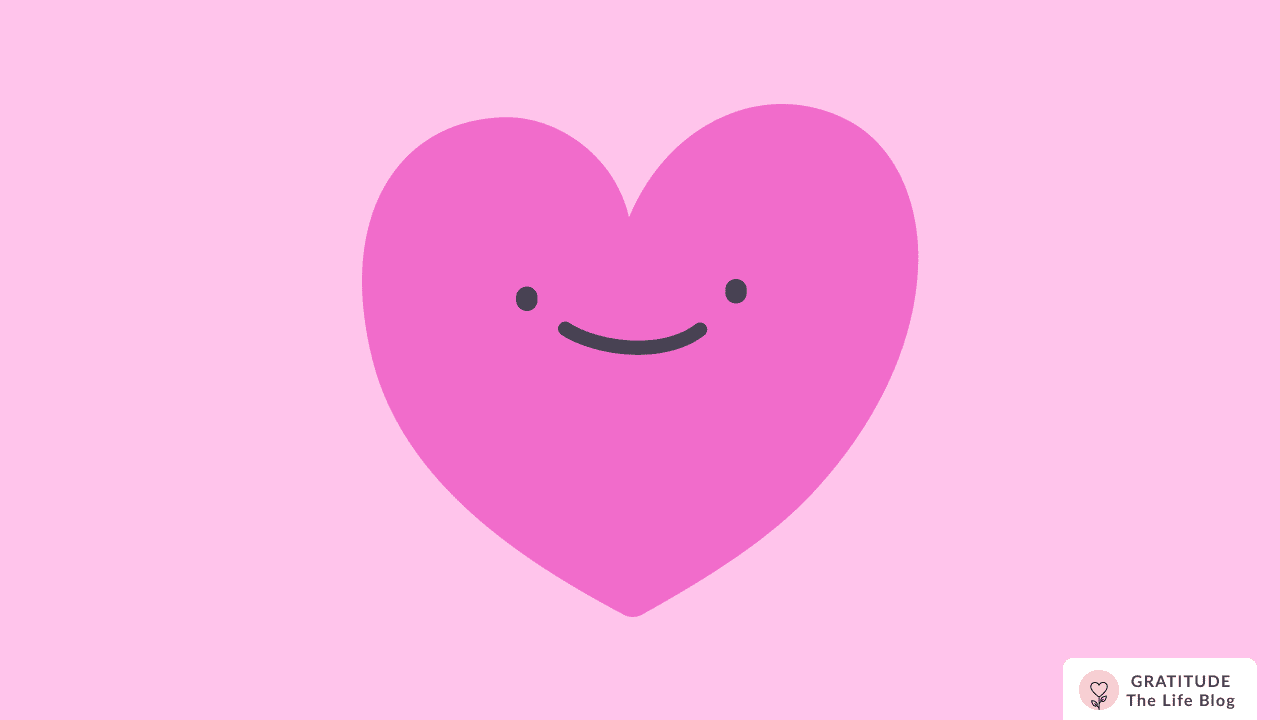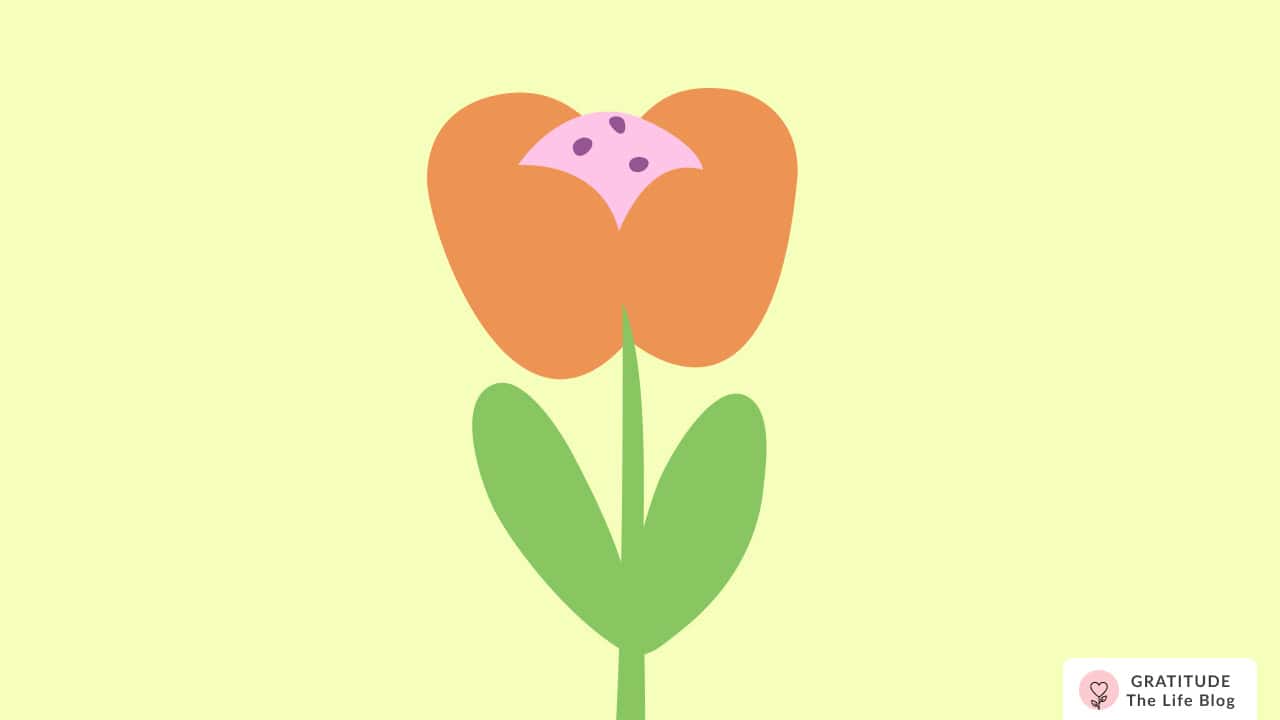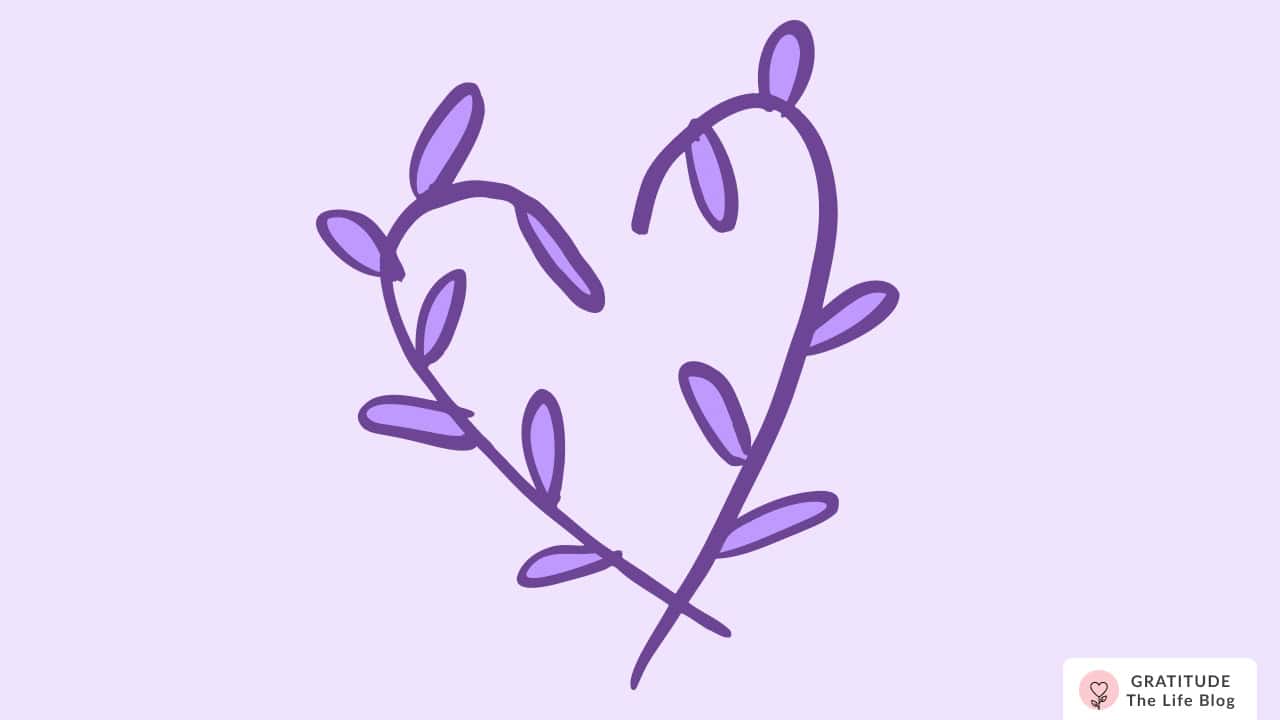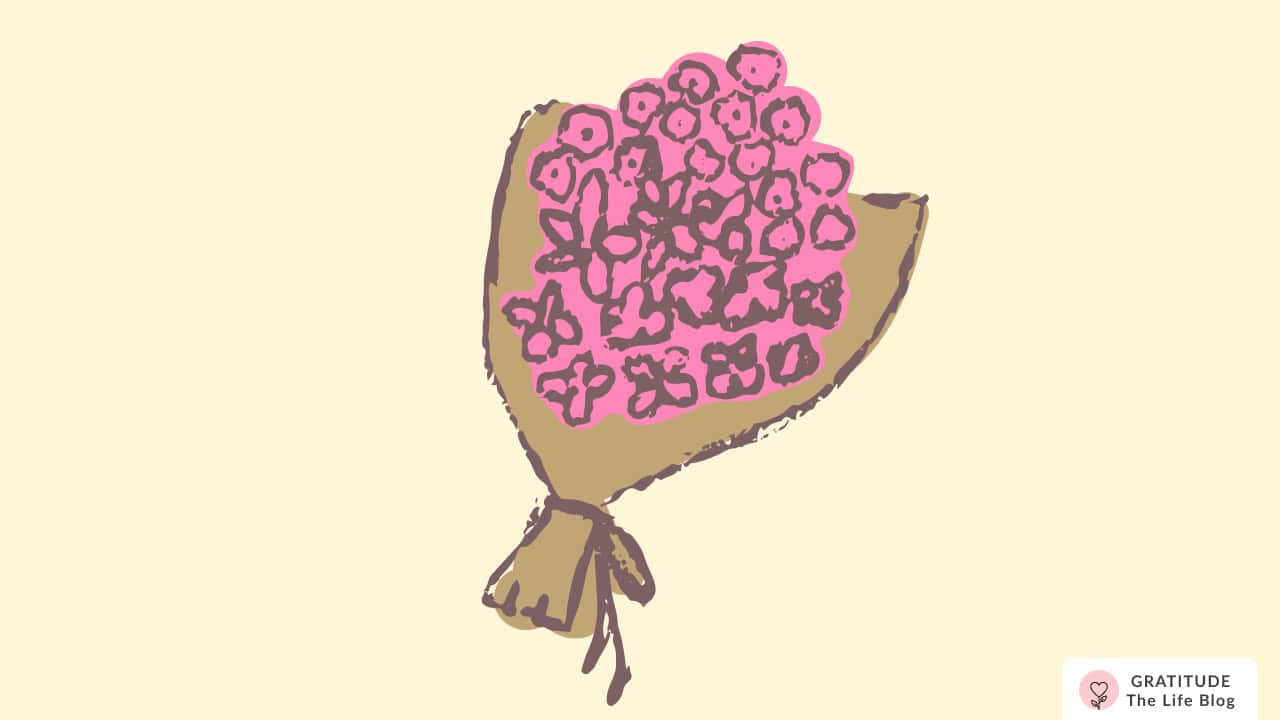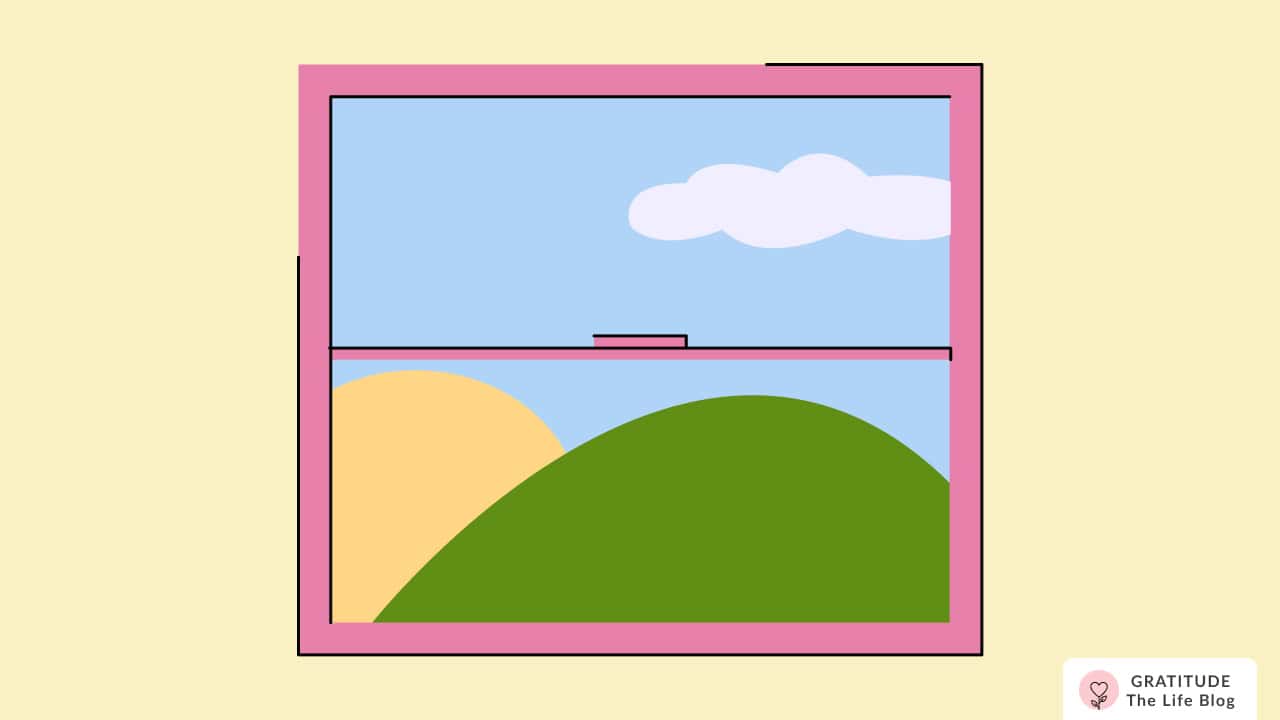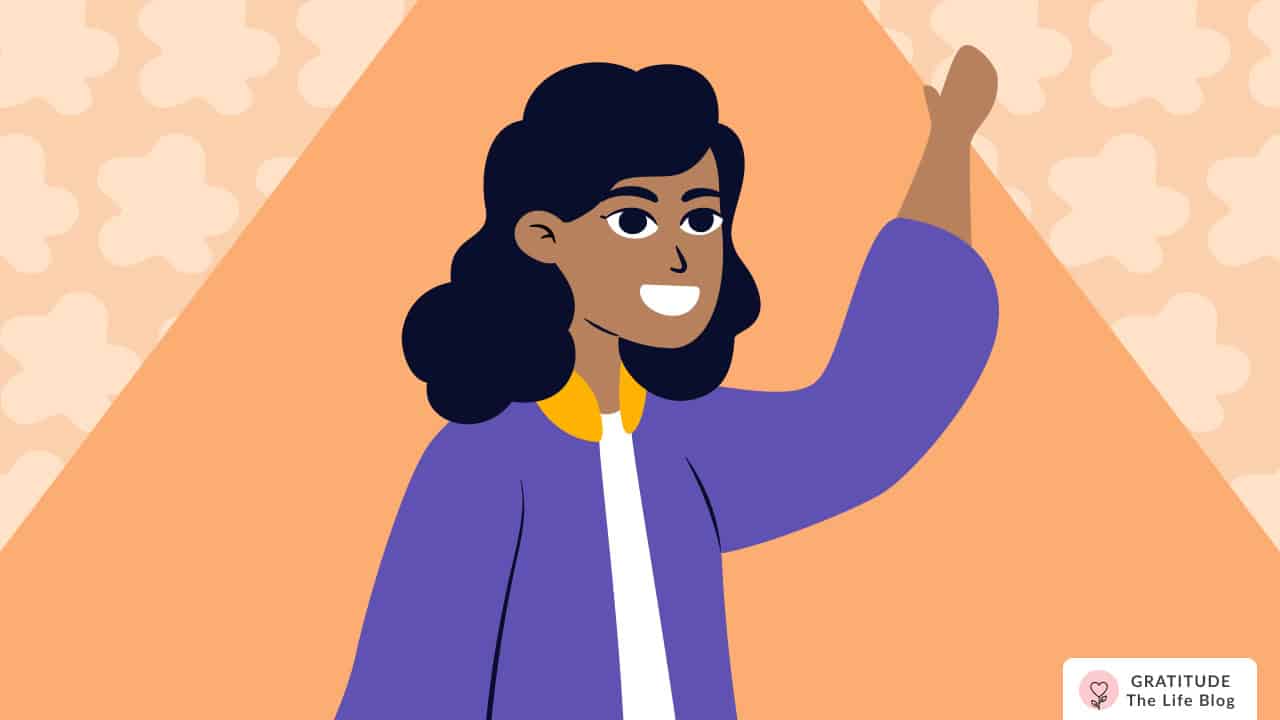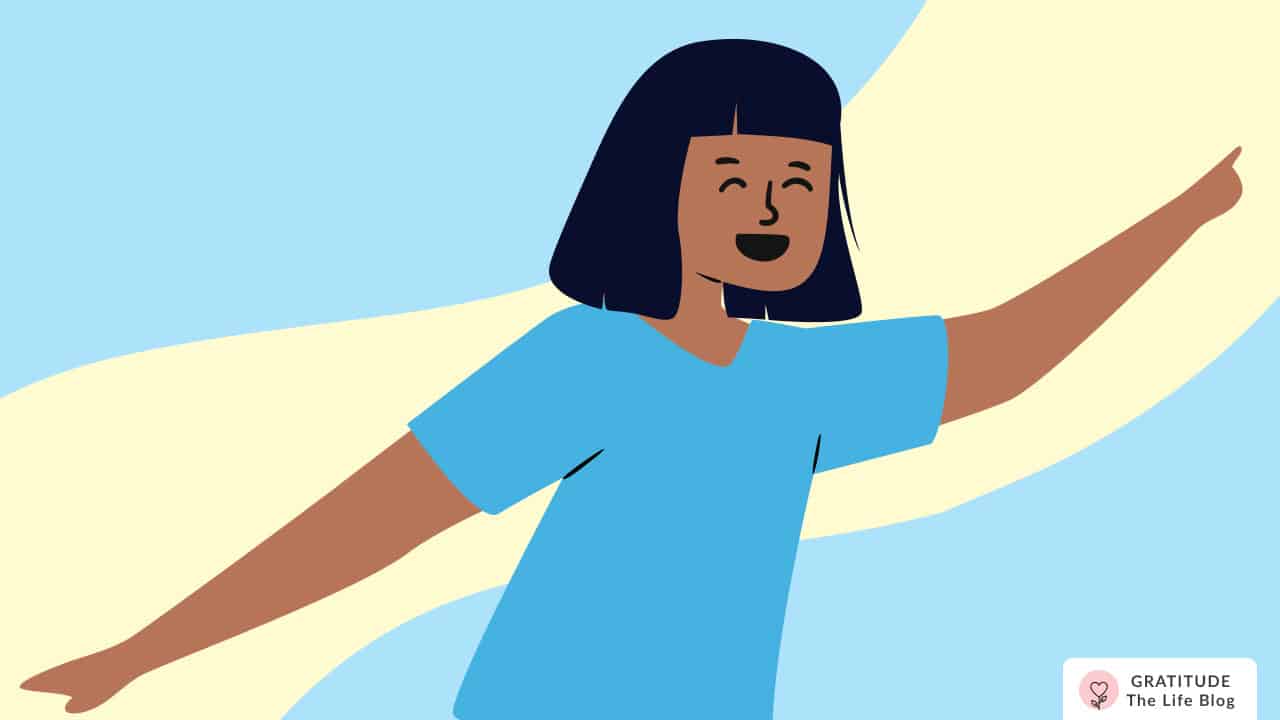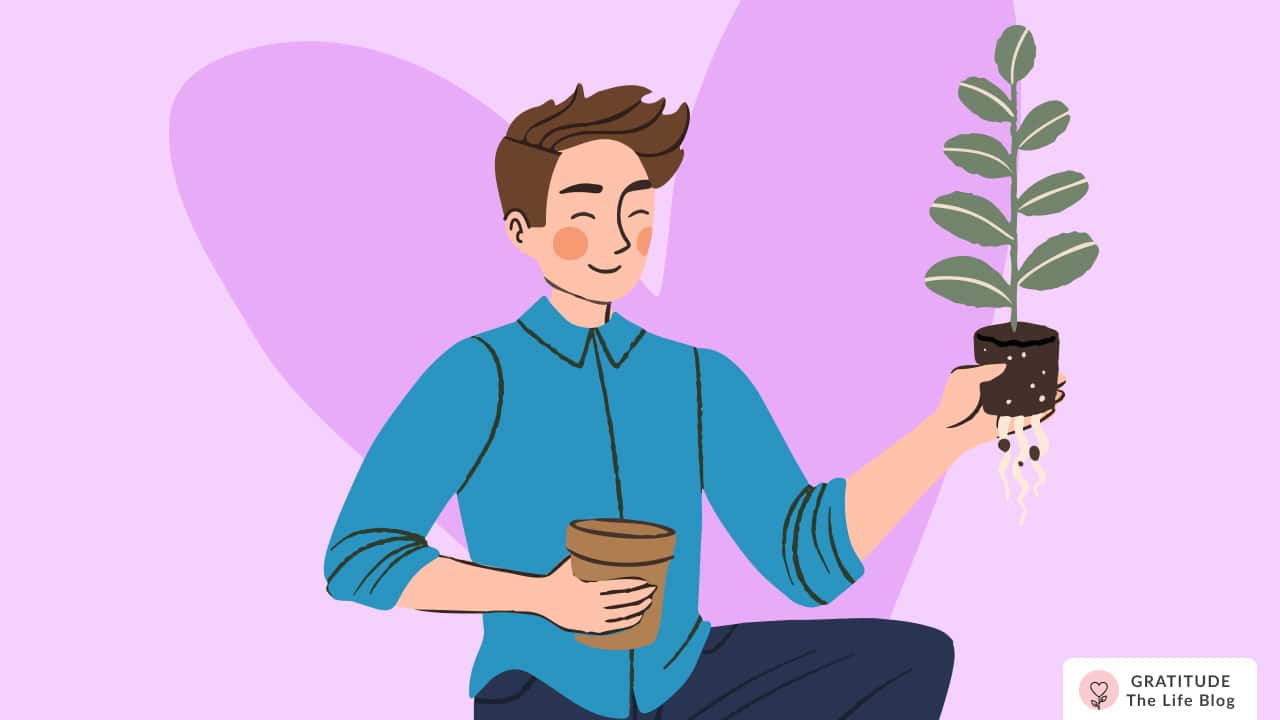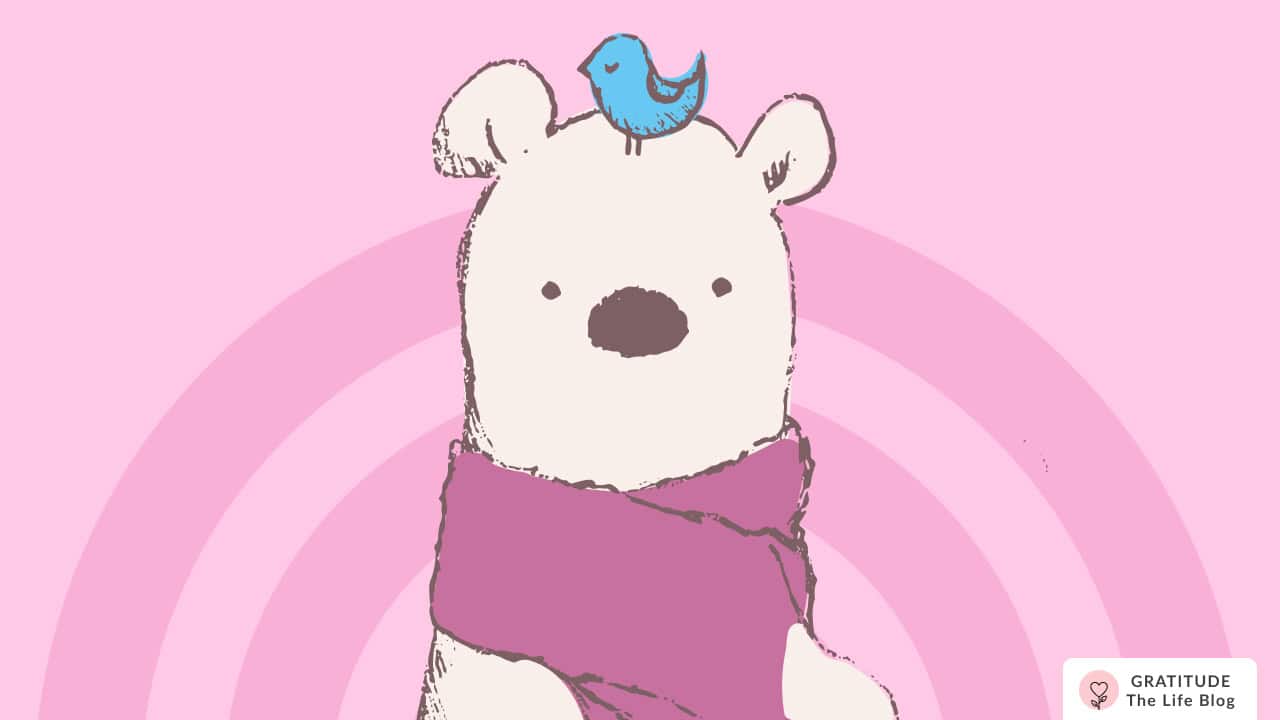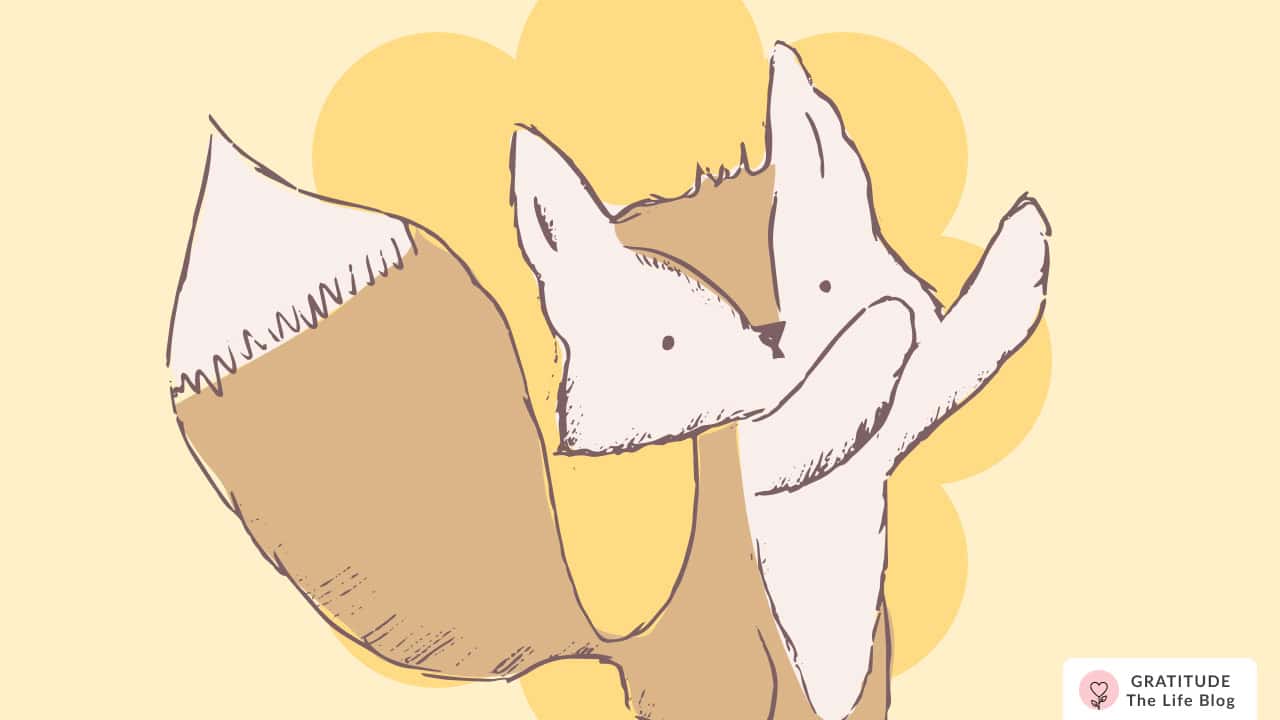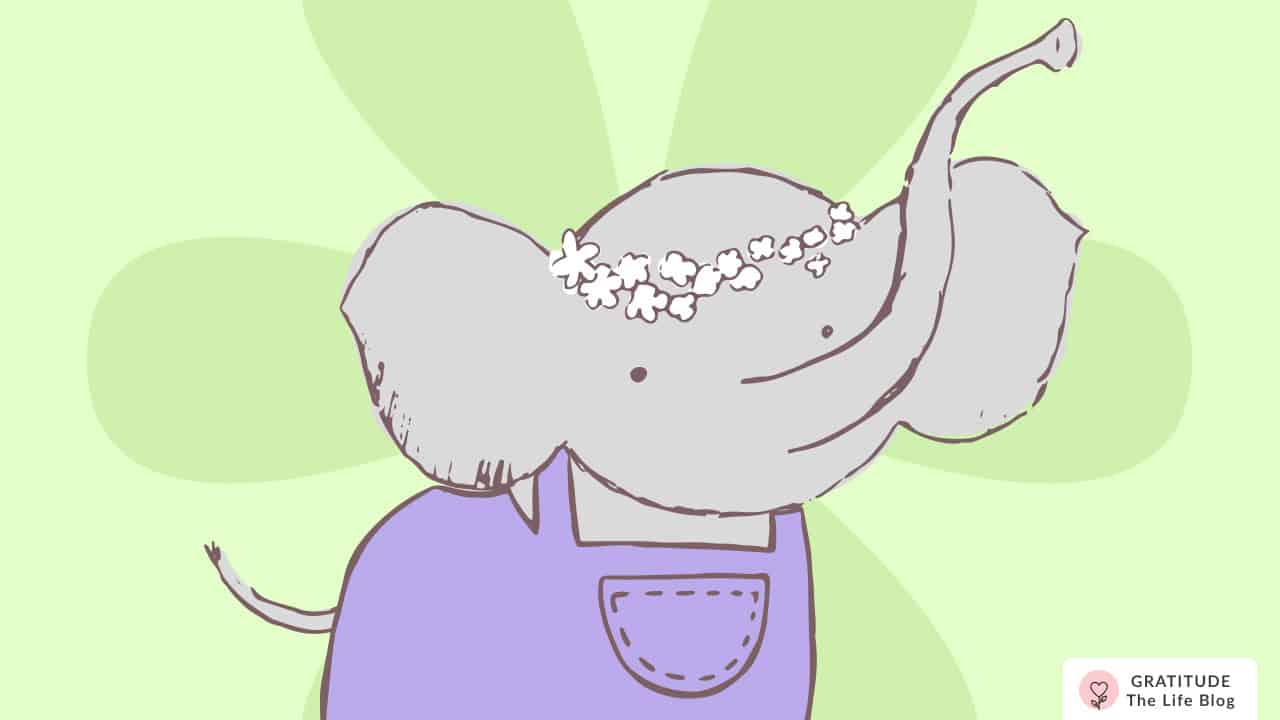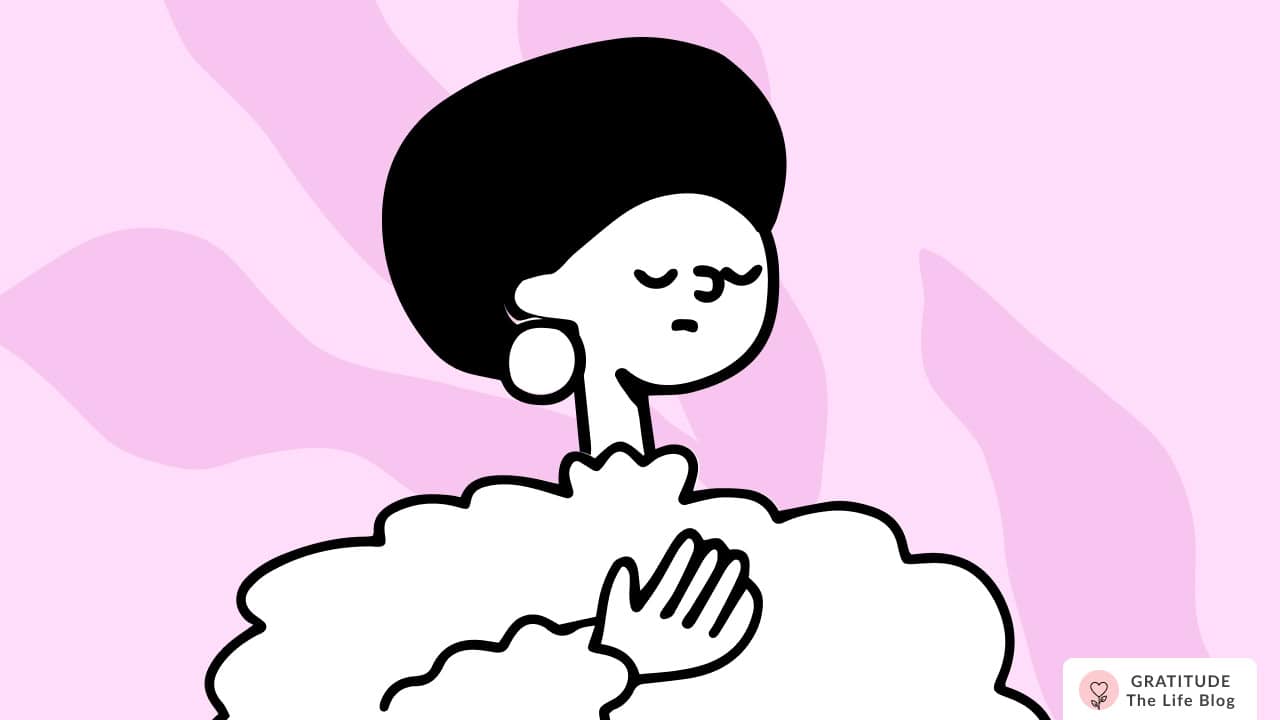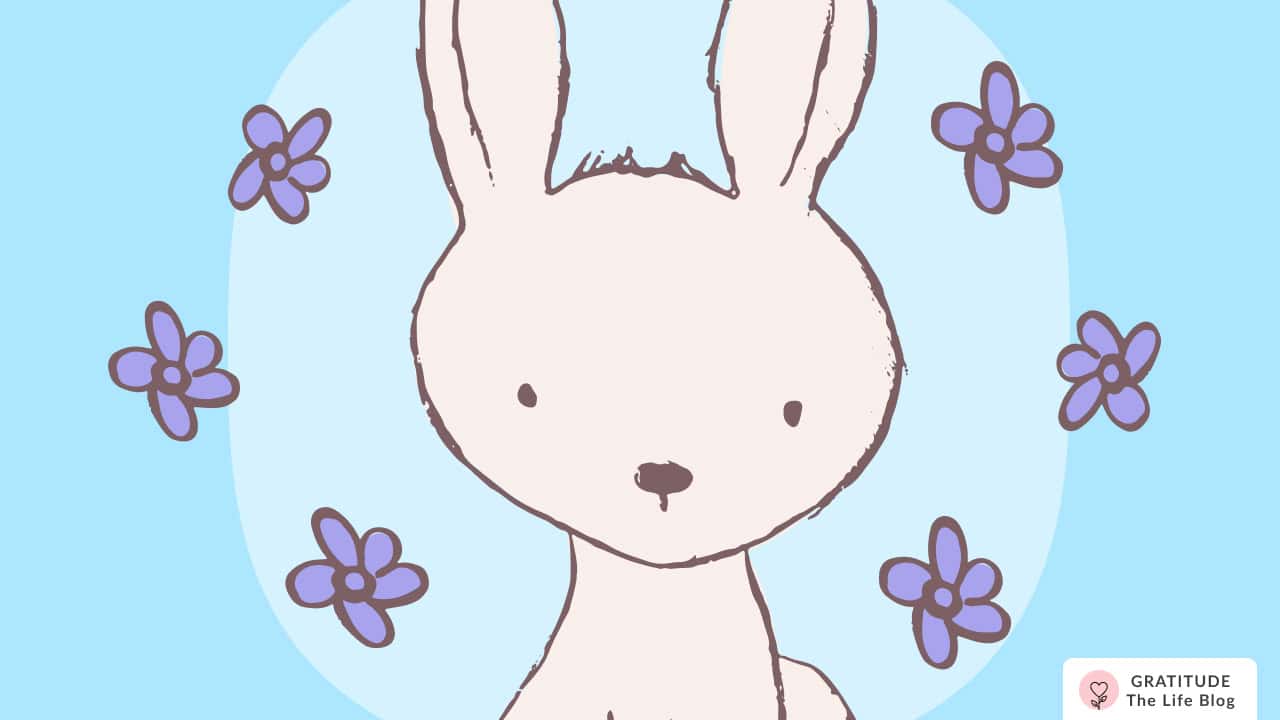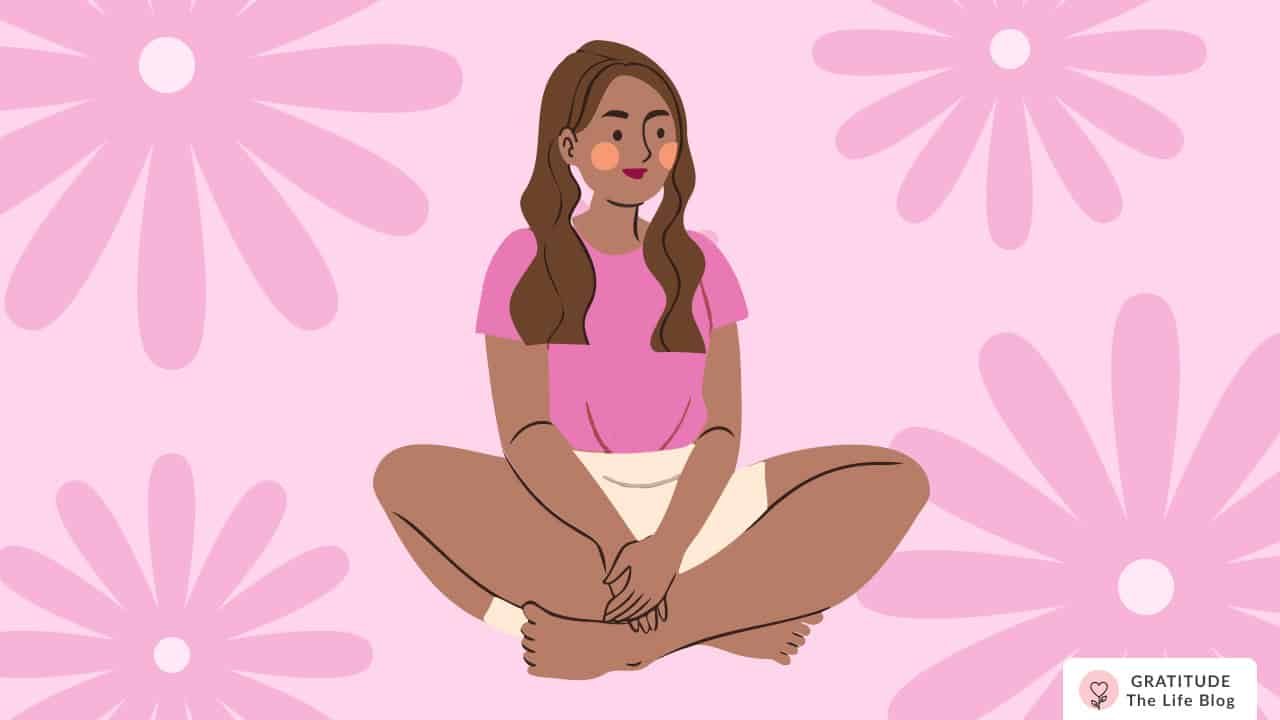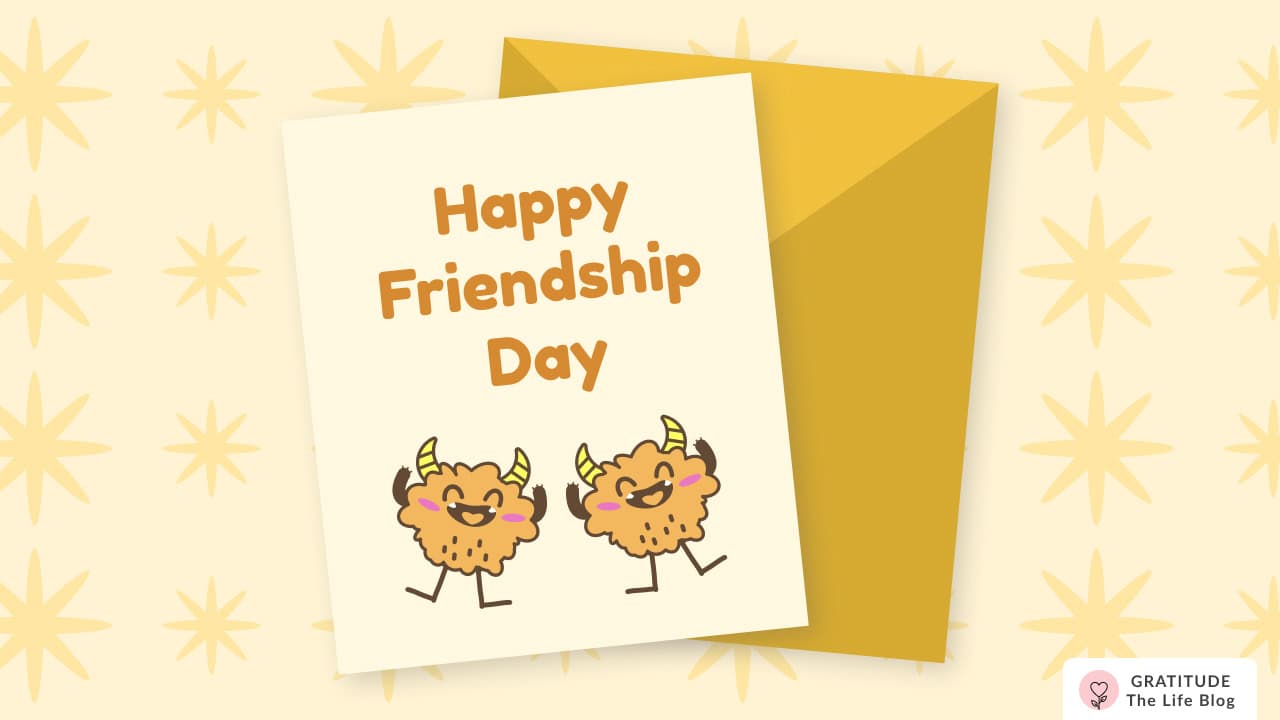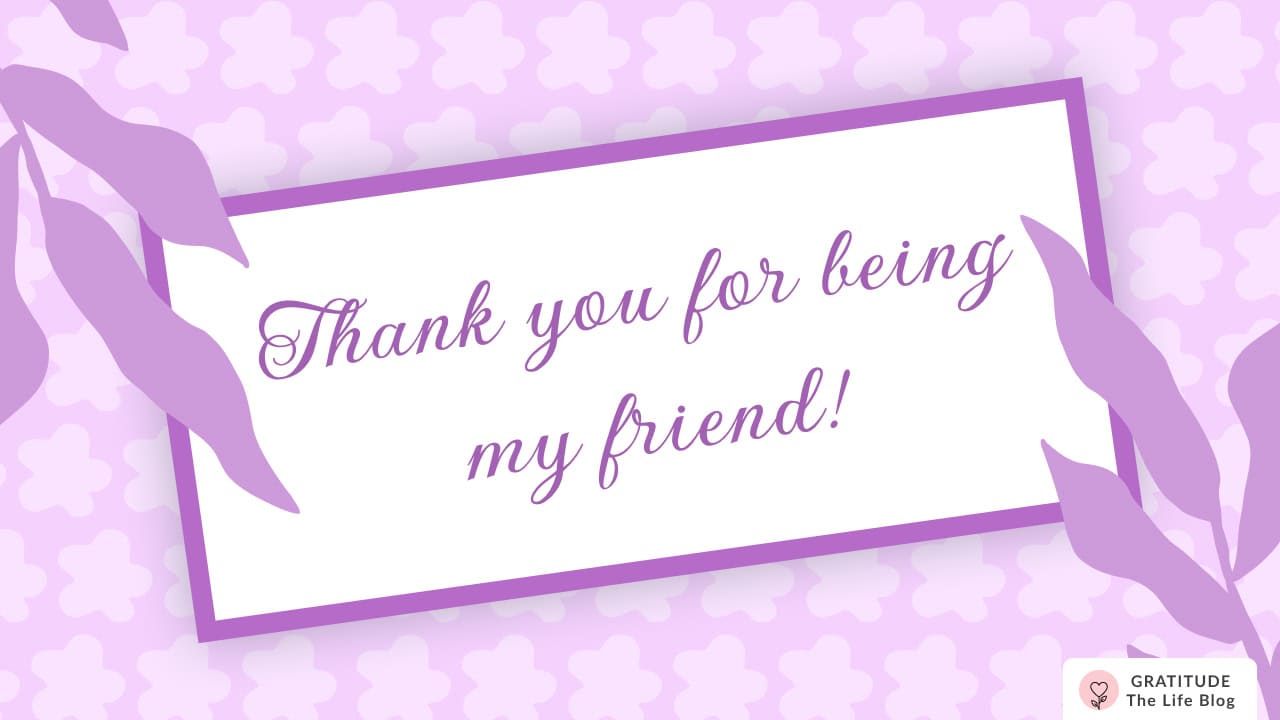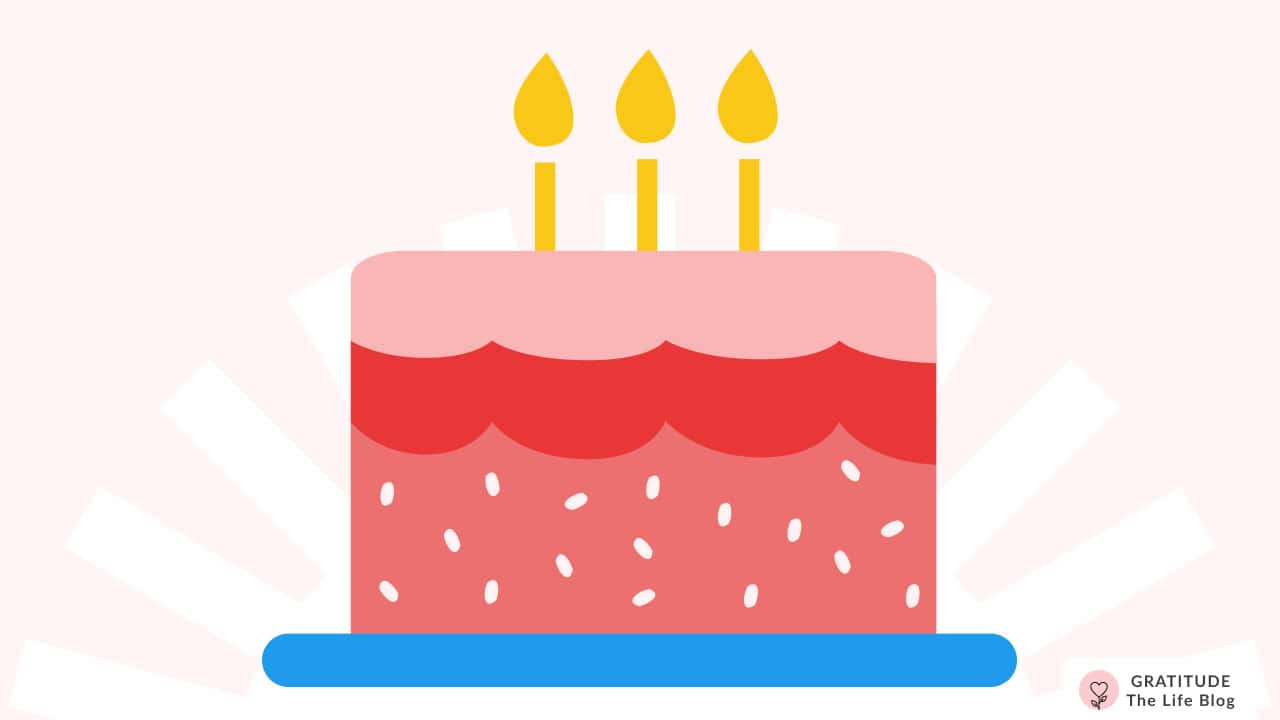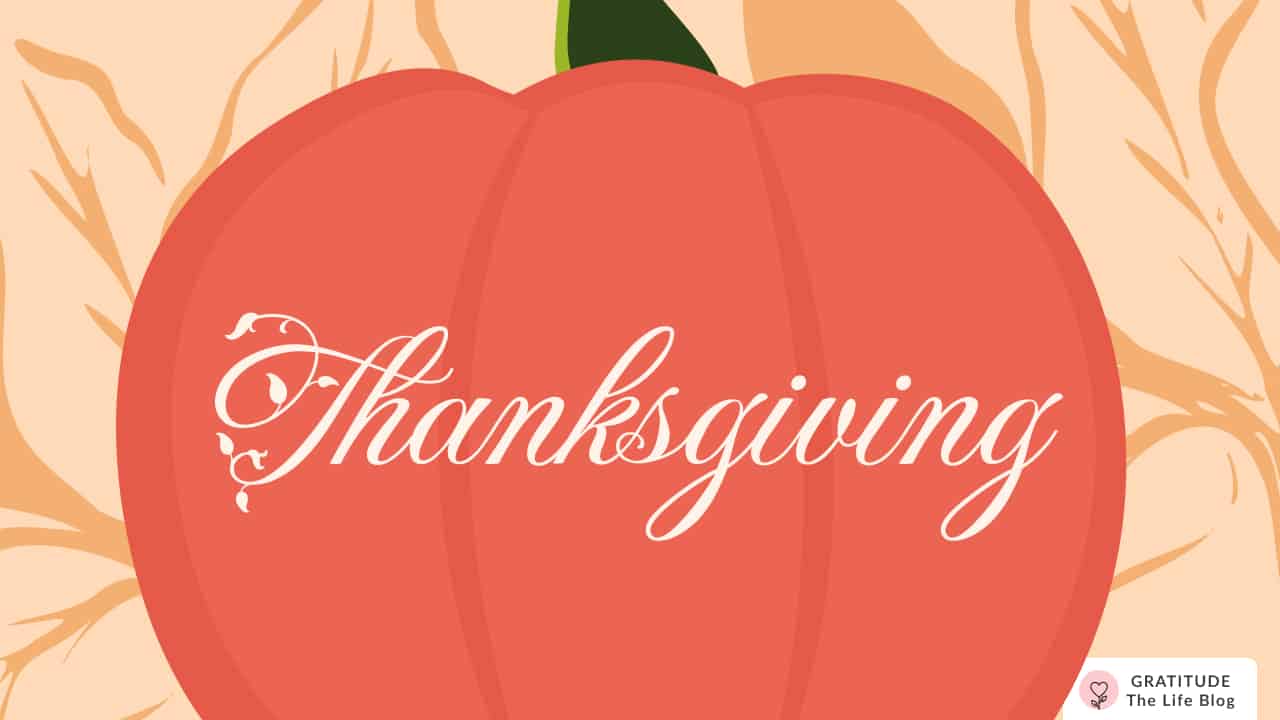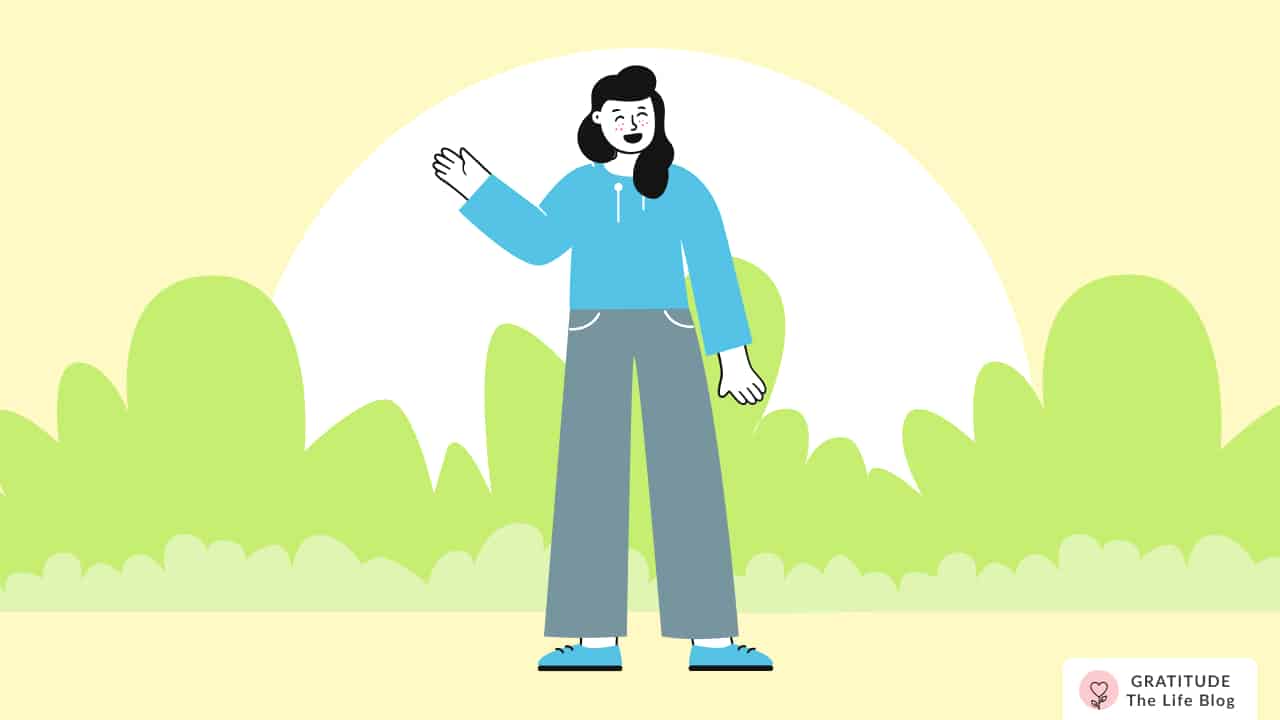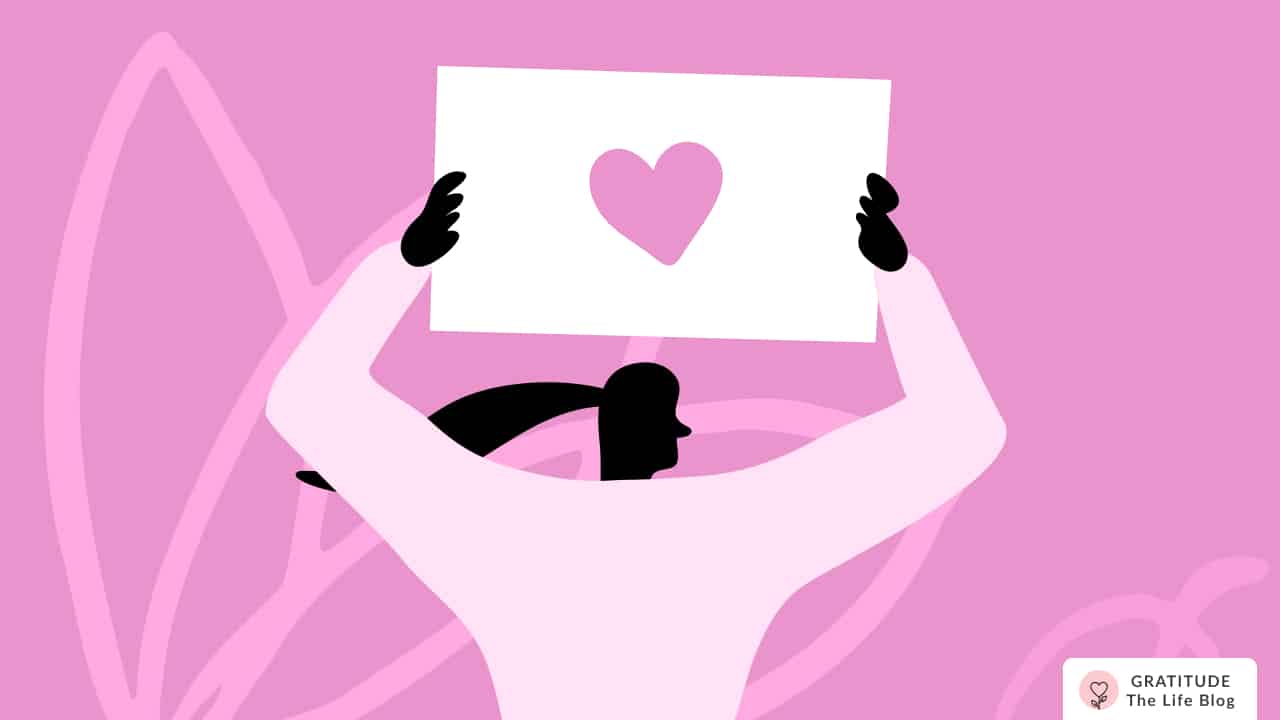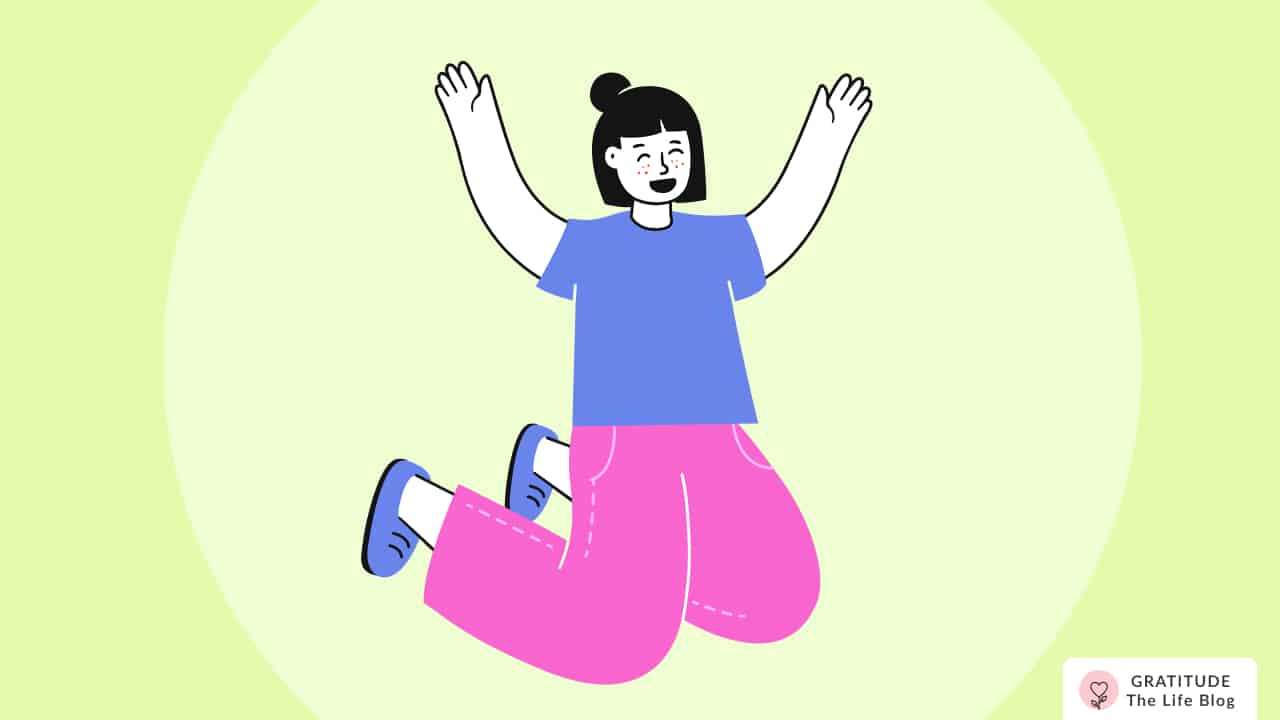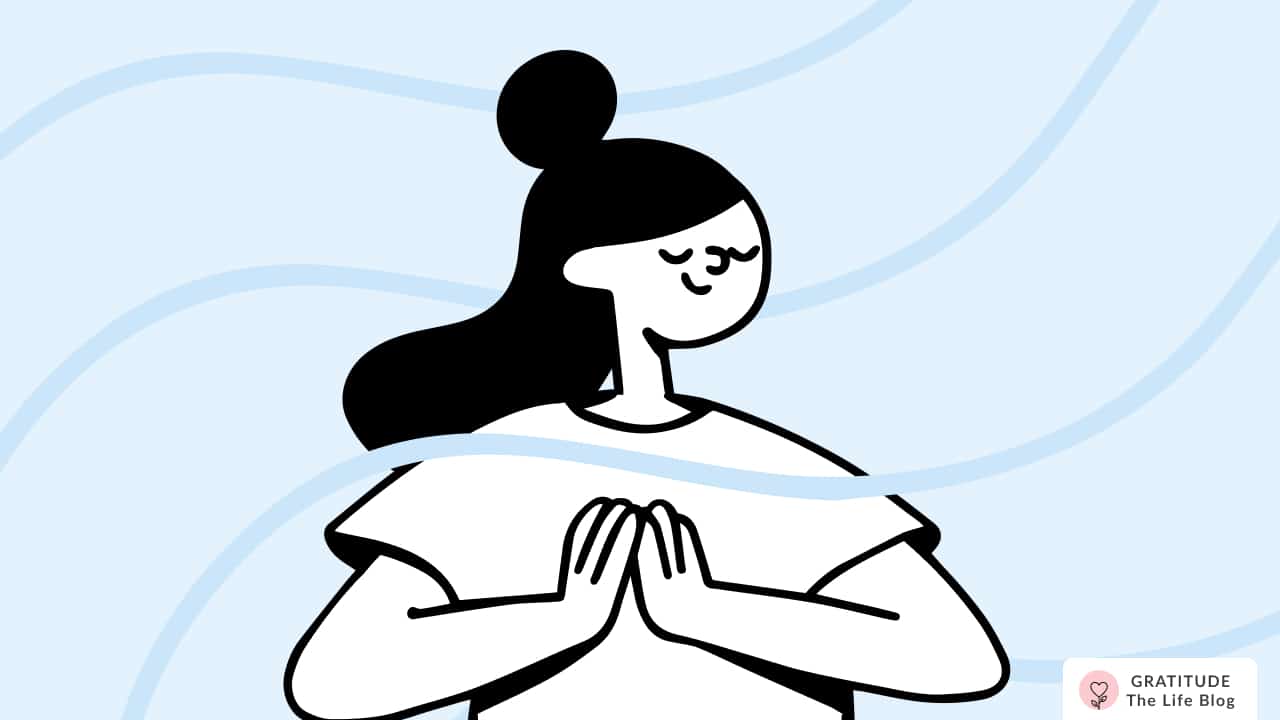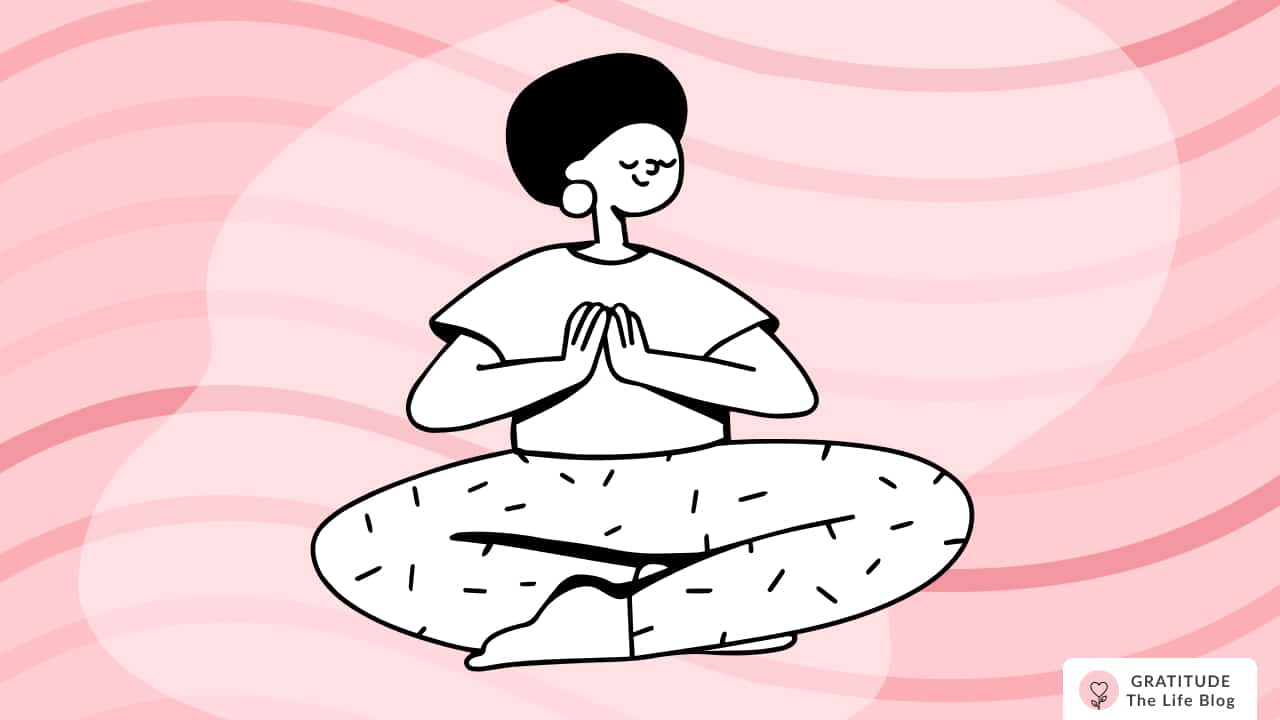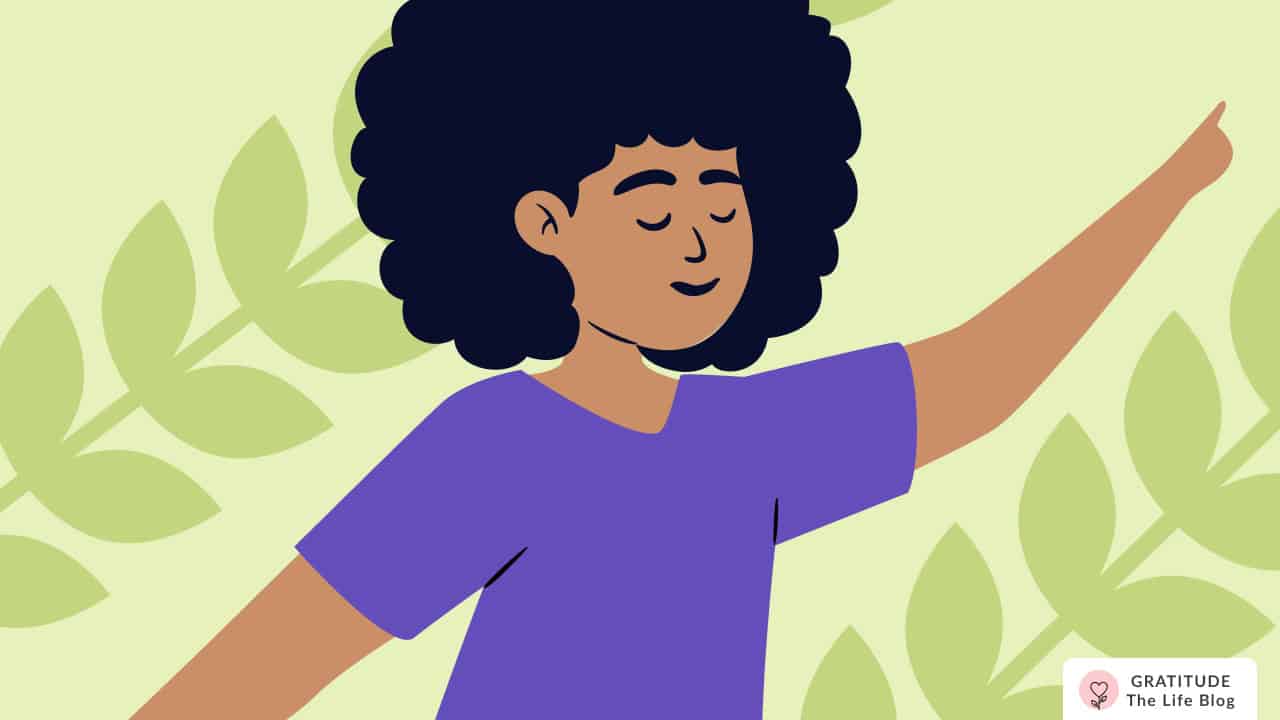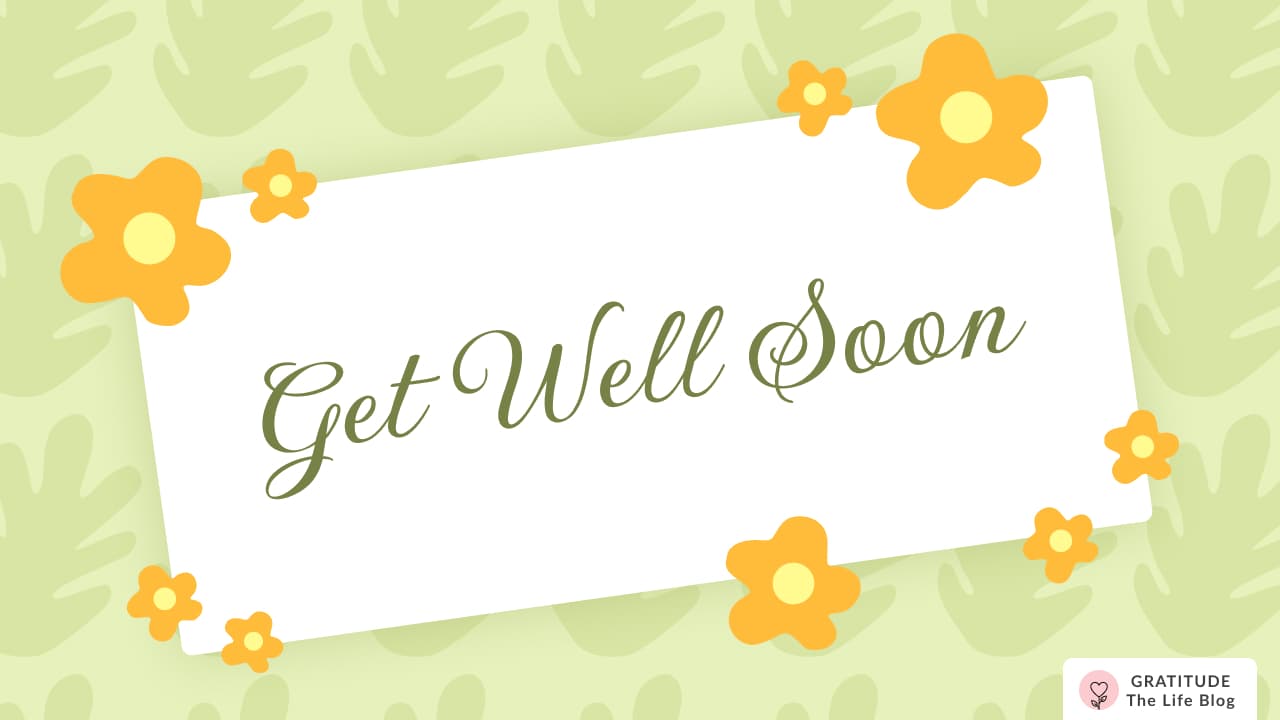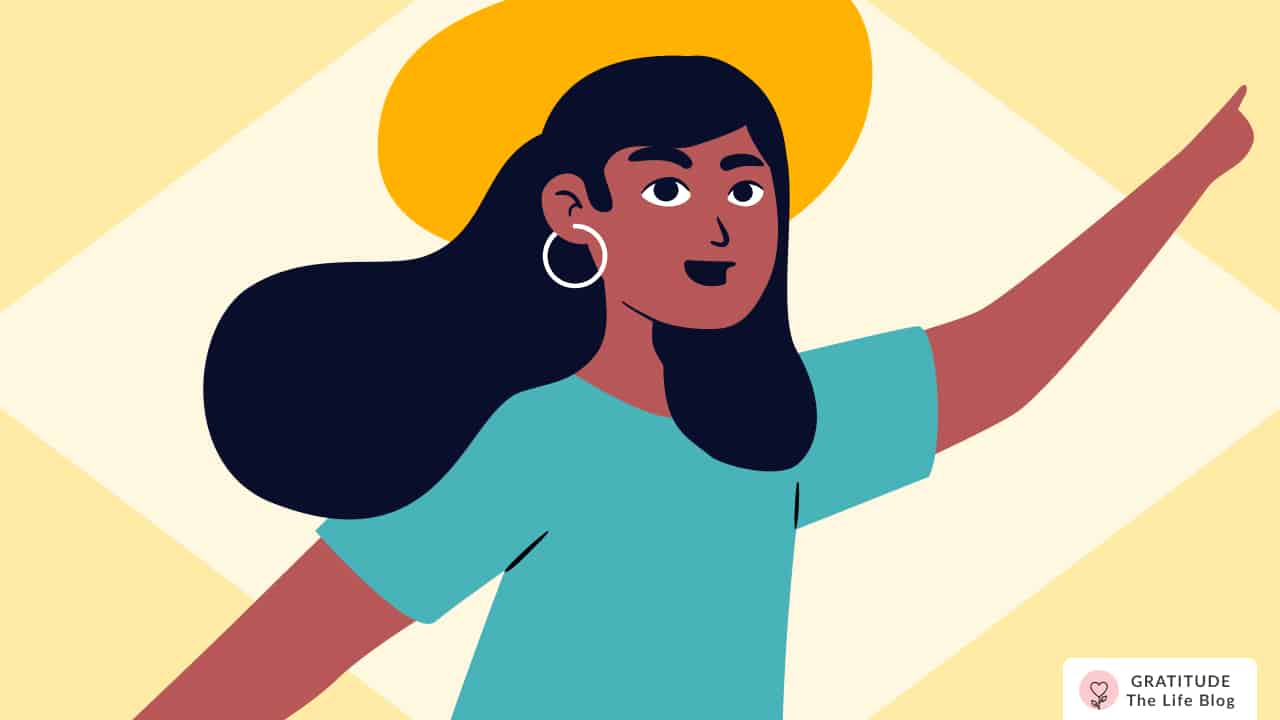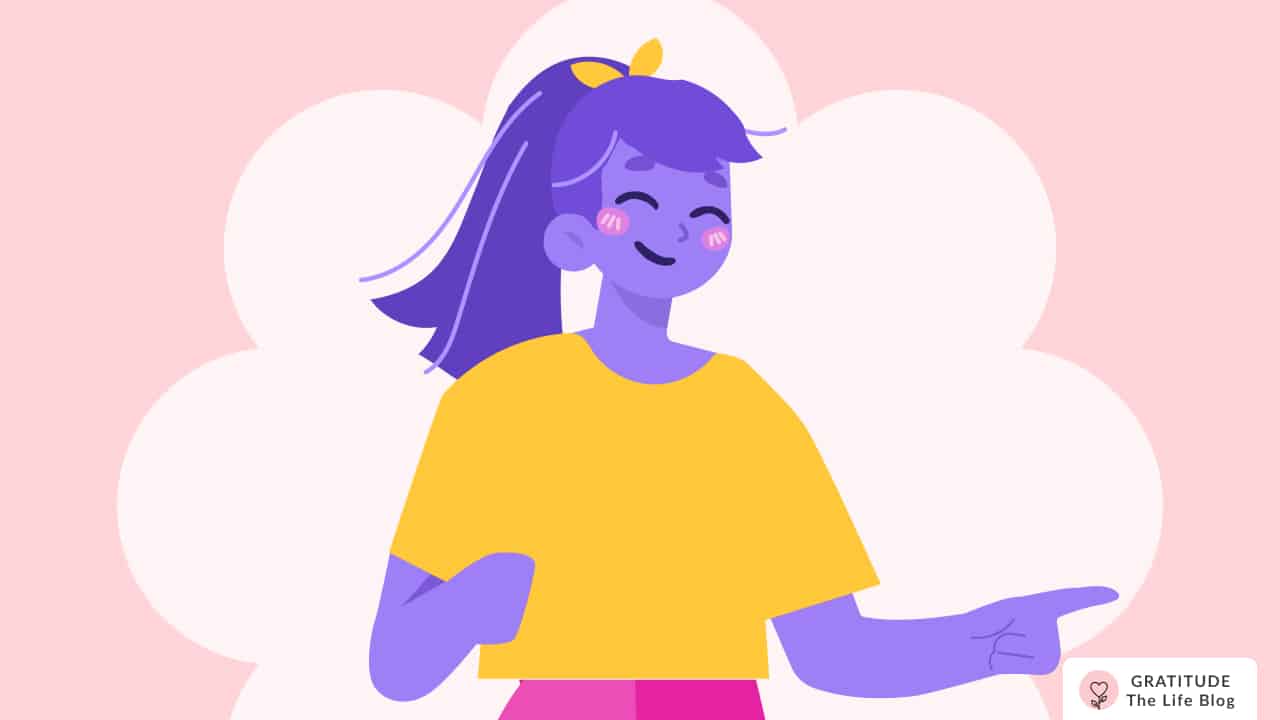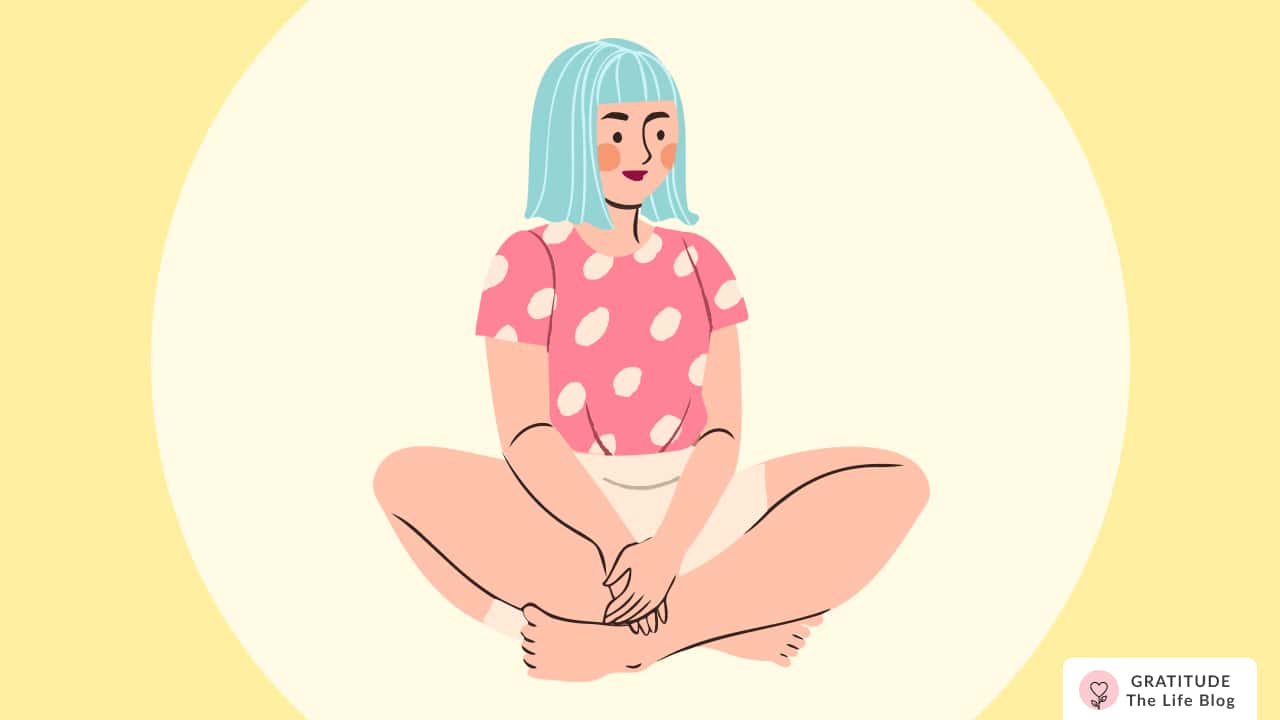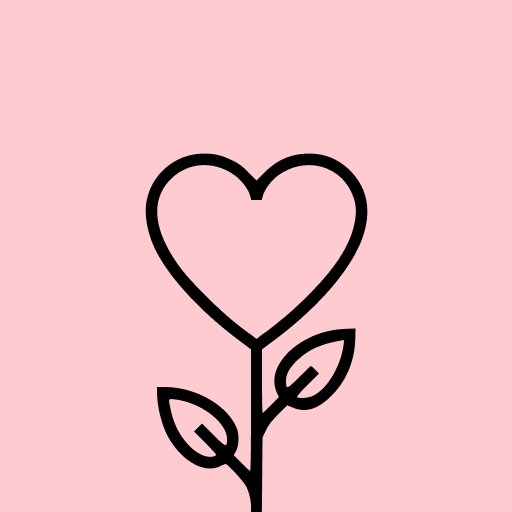Julia's Story - Oasis
"The truth is that you have to hit rock bottom. And sadly for me, I had to hit it multiple times."
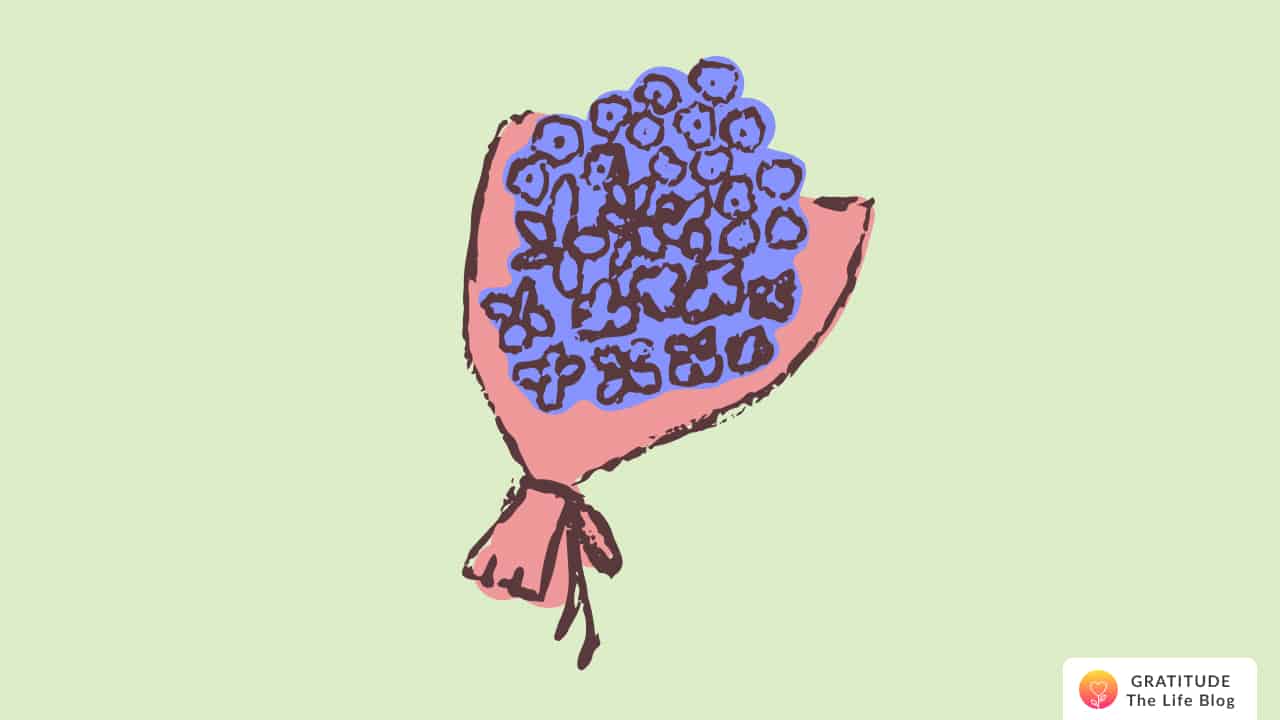
Aarushi: Hi, Julia, thanks for joining in this call. And let's start with your story. So the first question that I have is, what was your life before you started being grateful and got introduced to this concept? How were you then? And how was your experience with day-to-day life?
Julia: I've always had a sunny nature. God granted me with a sunny nature, but especially through my teenage years as the hormones change, I became very possessive, very jealous. I also had a career in ballet and classical dance.
And instead of focusing on myself and my progression in class, even celebrating my journeys, my first time on pointed shoes, I always had to look at other girls. Oh, her hair is thicker, she's slimmer. And my body shape is not conducive to being a classical ballet dancer.
So I did look a little bit odd in class, and I was not as tall, a little bit wider everywhere, hips and everything else. So that was an issue. And it dampened that sunny side that I lived with previously. And it got me in the dumps because I constantly compared myself.
To the extent that even in school, I didn't try anymore, if it wasn't an A-grade. I remember times at grammar school, I would sit in class during an exam. And I would just write my name because I knew I could not be perfect. There was this drive for perfection, and it destroyed me.
Aarushi: So you say that you compare yourself mostly physically, or by your abilities to a lot of people? So, how did this impact your relationship with yourself? How were you with your body because you compared a lot?
Julia: My, the number of diets I did, yeah, I was constantly trying to lose weight. And then, of course, before every performance, there was a struggle to lose weight. I remember I used to love skiing. But before each performance, I couldn't go skiing, because if I was out, the performance wouldn't go ahead.
So my life was very limited. And then, of course, there came issues, you know, with acne and my skin. So much that I didn't want to go to school, I didn't want to go out. I really locked myself in.
And my parents... you see this is the hardest thing, when you internalize negativity, the people around you, regardless of how much they love you, and they see all these beautiful things in you, or they see a budding flower, they know you've not yet realized your full potential, but they can see a person who is about to do great things in whatever small way that may be.
And for them, it was really, really hard. And the thing that now hurts me the most is that I, at that time with my behavior, hurt other people inadvertently. I didn't do it on purpose but I was nasty to many people. And this anger inside, never being good enough, constantly looking elsewhere. It was horrendous.
Aarushi: How did you cope with this? How has it been going?
Julia: Well, the truth is that you have to hit rock bottom. And sadly for me, I had to hit it multiple times. Whether that was through relationship losses, job losses, bereavements, you name it. I had to learn the hard way, I guess.
Aarushi: And would you like to talk about what you learned after this?
Julia: Certainly! With gratitude, I talk about it. I cannot tell you what the Epiphany was or the Eureka moment. It was lots of things. It was books, it was people, it was patience, it was perhaps getting fed up of constantly being in the dumps, and positive affirmation from others.
I guess, for me, the good thing was, I never lost hope, regardless of wherever I found myself. And then what was added to that hope was some form of meaning to life, and that meaning for life, I found in my profession as a social worker.
So initially, I thought I needed to go into hospitality or I thought I had to go into finance, and just live that life of - I got a car, I got a house, I got a partner, I look good, I can afford manicures, I can afford to go to the hairdressers, you name it, all those kind of things that people might aspire to, which are actually not fulfilling.
So when I changed careers, and I realized I'm good at it, the grades kept coming in, the validation, the praise, all those things that I yearned for so many years, decades, actually, if I'm honest, that was then given to me. And people reacted more positively to me.
Previously, you know, people would avoid me, I mean, who wants to be around someone who's constantly negative? I shifted slightly because of this change in my career. And I thrived. It was almost like, there was sunshine, there was rain, there were all these things to make me blossom.
And that was a lovely feeling. And I'm not saying that there are no problems now and that I don't compare that now. When I compare, I try and look at it more. What does he or she have, that I would wish to aspire to? In what way could I perhaps integrate what they have or what they do? And then, of course, accepting that I'm not good with music. There are lots of things I can't do and making peace with it.
Aarushi: Wow... So comparison is useless, mostly it's going to hurt you, it's not going to make you grow. And you have come to the positive side of it, where you gain inspiration and learn. And I also saw that you accept what you can do.
So I remember this quote, which said that I can do a lot, but I don't have to do it at all, which is this acceptance that even if I can't do a lot of things, that's fine. I don't have to do all of it. And, it's really interesting that you move careers. How did this happen? How did you move to social work?
Julia: Again, it was a closure. My mother passed away. And I couldn't cope with the grief. I wasn't strong enough to cope with it. I was very young. I was in my early 20s. And, I moved country. I moved from Germany to Scotland and I was desperate, I needed a job.
And I couldn't find a job in hospitality or finance. I remember staying with a lady from Glasgow, and she said, "Maybe you could work in my friend's nursing home." So there is a little bit of luck, you need a little luck in life in order to find your path. And when it knocks at your door, don't push it away, take it with both hands. And that's how it started.
I then learned from the elderly what is life all about, "You know, I'm frail, I'm at the end of my life and still, I enjoy it. And I've been where you've been. Don't give up and, accept that you don't need all those things." And that's how it started. I had a couple of beautiful years, going to people's homes, looking after them, sharing their last moments with them.
And that was so moving, all the different life stories showing that don't let setbacks stop you from walking forward. And then I had an opportunity to do some training within my job because I was so good at it. And I liked it, the psychology part and sociology and whatnot.
I then went from college to university and now I'm a civil servant. And there are still many, many things in my life that are not "perfect" in quotations. I am not married, I'm 42, I have no children.
And yes, sometimes it's hard for me to see grandmothers and daughters and the baby child, and I know I don't have this, and it's unlikely I will. So I also realized in life you constantly experience a little death.
And when my mother died, I remember one of the greatest wishes had been to be a grandmother. But my brothers and I, could not fulfill this desire. So I think that's this acceptance of what God deals you, you just have to accept it and make the most of it and actually enjoy what you got because there's so much to be grateful for. I'm healthy. We are having a talk right now. So yeah, that's how that worked out.
Aarushi: Okay. I want to ask you, what do you think is the importance of gratitude in life? Why should we all feel grateful?
Julia: Because that's why we're on Earth. My interpretation of life is that I was given a life to enjoy it and to feel it. I was told a quote by a good friend of mine, "The angels envy us because humans can feel."
And to be able to feel for oneself and for another human being, or an animal or, whatever it is you're passionate about, that is something that makes you tingle. There are these moments in life when good things happen, or you learn something.
I don't know if it's happy hormones that are released or whatever else it is, but it allows you to keep going. So basically, gratitude to me is the fuel that I put in my mind or in my body, in my heart, to keep going. And as a social worker, of course, I see people in crisis.
And that's what they've lost. They've lost that hope, that gratitude, that fuel that allows them to keep going, and then you basically help them to refill their tanks to get going again. Yeah. So for me, gratitude keeps life moving, keeps society moving, allows me to be peaceful, allows me to look out for other people.
And everybody has to find their own way. I mean, for some people, it is writing in a journal, for somebody else it's playing music. But it's about finding that meaning and enjoying what you do, enjoy who you are. Life is a gift, and I wouldn't wish to throw it away.



